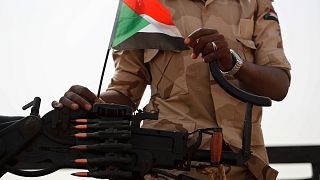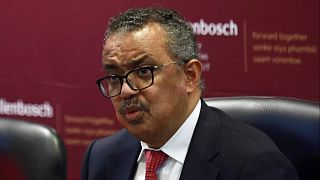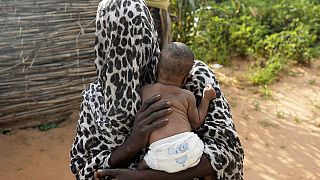Sudan
Fuel prices have almost doubled in Sudan following the lifting of its fuel subsidies as part of economic reforms supported by the International Monetary Fund (IMF).
The move is likely to ignite unpopular discontent for a country facing deep economic crisis. The price of a litre of gasoline has jumped from 150 to 290 Sudanese pounds (0.3 to 0.56 euros).
The price of a litre of diesel is up by almost 128%, from 125 to 285 Sudanese pounds (0.55 euros).
The new measure was approved by the Finance Ministry, the Sudanese Suna news agency reported Tuesday night.
In October, prices had already doubled. Several protests over high cost of living have taken place over the past year.
The IMF, which adopted a program for Sudan last year, has demanded that the Sudanese government implement several austerity measures. Those measures include the removal of state subsidies.
In February, Sudanese authorities also introduced a floating exchange rate regime to combat the black market.
Sudan has been in a deep economic crisis since the ouster of former President Omar al-Bashir in 2019 after 30 years of rule marked by armed conflict, an ailing economy and heavy international sanctions.
The transitional government has for two years been committed to restoring the country's economy, which has been dealing with constant shortage of foreign currency and inflation that exceeded 360% in April.
Shortages of fuel, gas, food and medicine are common and a clear sign of the dire economic situation. Sudanese have been queuing up for several hours daily in front of gas stations.
Sudan is hoping that its austerity policy will ease its 49 billion euros foreign debt.













00:43
American agency S&P downgrades Senegal's credit rating from B to B-
Go to video
Almost 300 killed in wave of violence in Sudan’s North Kordofan
Go to video
ICC warns of a dire humanitarian crisis in Sudan as the war rages on
01:32
BRICS call for IMF reform, fairer AI governance
01:05
Ethiopia's mega-dam on the Nile is "now complete", Prime Minister says
01:49
Sudanese refugees in Chad face deepening humanitarian crisis